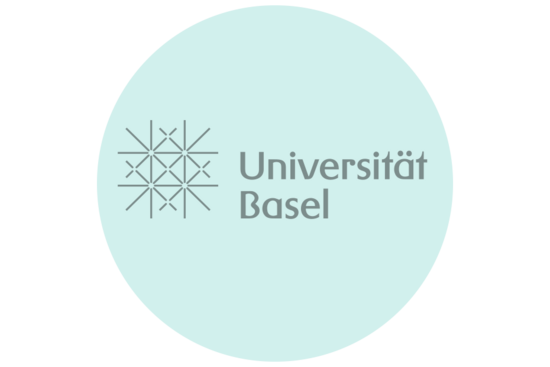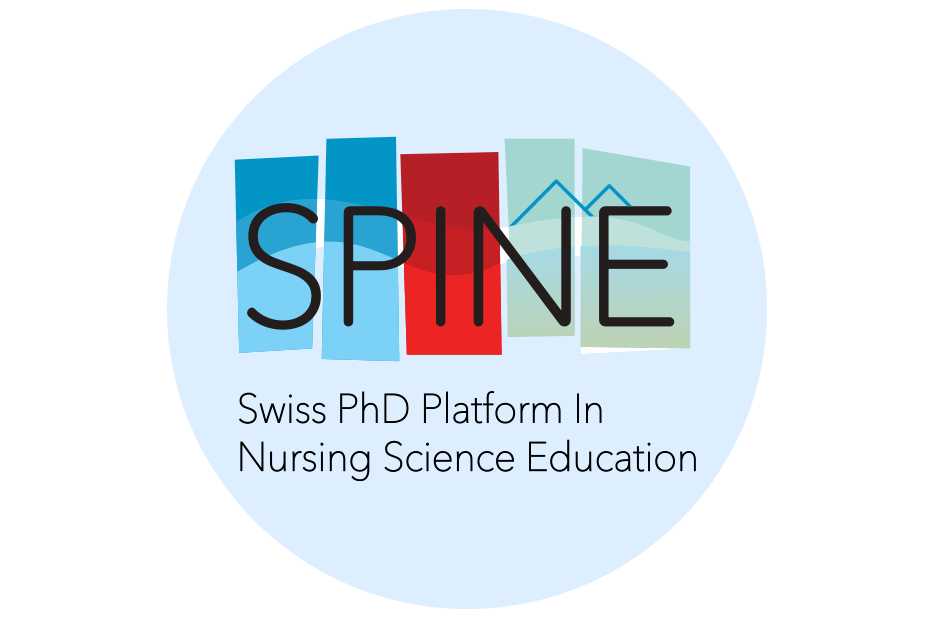
«Throughout my doctoral studies, I could access educational and research support offerings in line with my changing needs.»
PhD Infrastructure
Earning a doctorate requires developing a wide range of competencies and skills: methodological, analytical and deductive skills, communication and scientific writing skills, processing of complex data, time management skills, etc.
Based on an individual portfolio personal and academic development needs of each doctoral student are determined, in view of their envisioned PhD and career aspirations. Through our educational and research infrastructure, we offer doctoral students comprehensive support to develop the competencies they need.
Educational Infrastructure
INS doctoral students are taking full advantage of the Swiss PhD Platform in Nursing Science Education (SPINE) and have the possibility to join the inter-professional PhD Programme at the Graduate Scholl Medical and Health Sciences (GSMHS).
In addition, the University of Basel offers various postgraduate-level training workshops.
Swiss PhD Platform in Nursing Science Education (SPINE)
SPINE is an educational platform for doctoral students working towards a PhD in Nursing Science at the Universities of Basel and Lausanne (Institut Universitaire de Formation et de Recherche en Soins IUFRS, Faculté de biologie et de médecine). SPINE provides educational offerings specifically targeting doctoral students in nursing (e.g., the well-established summer school), along with peer events such as the Doctoral Research Day. It also supports student participation in international graduates student offerings such as the European Academy of Nursing Science Summer School Programme (EANS).
Graduate School Medical & Health Sciences (GSMHS)
GSMHS aims for high quality and interdisciplinary excellence in doctoral education and creates an inspiring environment for PhD students in medicine, infection biology, and health sciences. We support our PhD students from interdisciplinary departments through courses and workshops, networking activities, and provision of information on different scientific events, PhD processes, and administrative processes. Through its organization, the GSMHS offers a central point of contact for its PhD students and their supervisors.

University Basel
INS doctoral students are further supported through GRACE, the University of Basel’s Graduate Center, which aims at advancing young scientists. Alongside a broad variety of professional training, career development programmes, and transferable skills workshops, GRACE offers various advice and counselling possibilities.
Research Infrastructure
The INS Research Infrastructure provides comprehensive support to all PhD students by structured offerings, but also by providing a supportive and inspiring environment allowing students to grow in the research teams. Some of these mechanisms are available to students throughout the University, some to all Faculty of Medicine students, and some only to INS students. Among others, INS students have access to:
- Regular, often weekly meetings with advisors
- Weekly «Research Round Table Meetings» during the semester
- Access to international senior researchers and experts
- Access to research data
- Financial support for continuous education offerings
- Editing services for foreign language publications
- Intra- and inter-research programme exchanges
- Peer review of research manuscripts and proposals
- Access to statistical support
- Access to project budgeting and controlling services
- Support with dissemination and communication of study results
- Grants for international exchange programmes
- Guidance for for researchers via focused research agenda, overarching strategic research goals and a clear institutional stance on scientific misconduct
- Comprehensive network of Academic Service Partners providing access to experts in long-term, acute, ambulatory and psychiatric care settings
The University of Basel offers additional tools to support researchers in different stages of their careers including the transfer of scientific knowledge to business contexts.


